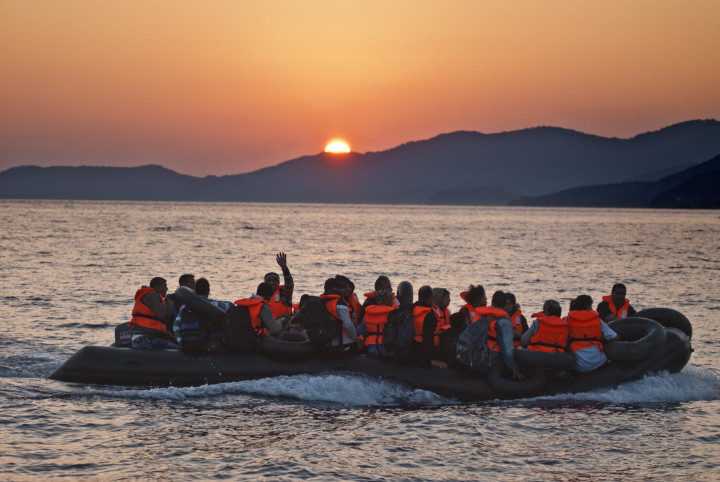One Year After Aylan Kurdi’s Drowning, Mediterranean Death Tolls Rise
By Judith Sunderland
One year ago today, a three-year-old boy named Aylan Kurdi drowned in the Aegean Sea. Having fled the war in Syria with his family, Aylan died on the final stretch of the arduous journey to safety in Europe when the overcrowded rubber dinghy he was in capsized after leaving Turkey. His mother and five-year-old brother also died that day. The picture of Aylan’s tiny, lifeless body washed up on Turkish shores provoked horror, empathy, and outrage around the world.
There was, for a moment, hope that out of terrible tragedy could come positive change. That the leaders and people of Europe could transform that empathy and outrage into policies that protect, rather than endanger.
Instead, we’ve seen a spiraling death toll in the Mediterranean as many European Union governments duck responsibilities, close borders, and try to outsource care for the world’s refugees.
True, there are far more vital search and rescue efforts at sea, particularly in the deadliest stretches of the Mediterranean. Numerous nongovernmental organizations play a crucial role in those operations. Yet 2016 has seen 3,168 people recorded dead or missing as of the end of August – roughly a 40 percent increase over deaths in the same period last year. This may set a new record for deaths in the Mediterranean. We don’t know how many among the dead this year are children, but given that 300 kids died or went in missing in the Aegean in the six months after Aylan’s death, the count is likely to be high.
EU states have focused on policies to prevent people from departing for Europe and that crack down on smugglers, often arguing that this is the best way to save lives. A deeply flawed deal with Turkey, a problematic collaboration with Libya, and an array of migration-control agreements with African countries have been justified on purported humanitarian grounds. If we can just stop getting people on boats, the flawed logic goes, we can save lives.
But whether they are fleeing unspeakable violence, an unbearable situation in countries where they first fled, or unlivable economic conditions, people keep coming. And the number of children, including children traveling on their own without family members, is on the rise. They often feel they have no other choice, while the steps the EU has taken have done little to change that calculation.
What the EU hasn’t done is create safe and legal channels to reach Europe – something that could help people avoid turning to smugglers in the first place. One of these channels is refugee resettlement. In July 2015, EU governments pledged collectively to resettle from other regions 22,500 refugees over the next two years. A year on, it isn’t even close to keeping up with this woefully unambitious goal. As of June 2016, only a paltry 7,272 refugees had effectively been brought to EU countries.
The EU should not tolerate even one more child’s death at sea. The best way to truly honor Aylan’s memory is to take concrete action to reduce the need for dangerous journeys.










